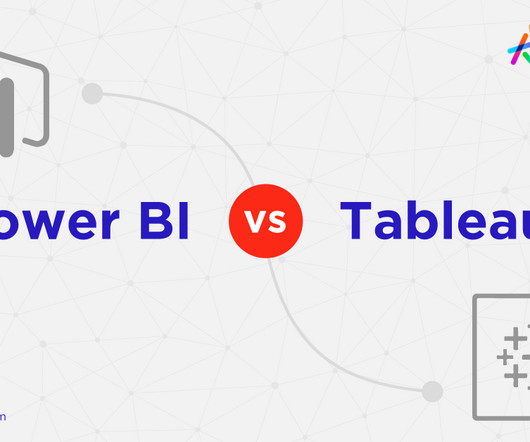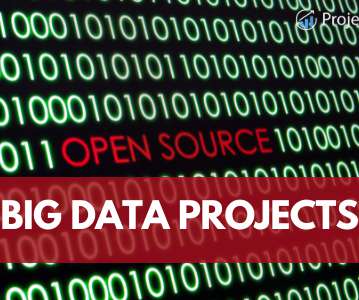100+ Big Data Interview Questions and Answers 2023
ProjectPro
JANUARY 31, 2023
Big Data is a collection of large and complex semi-structured and unstructured data sets that have the potential to deliver actionable insights using traditional data management tools. Big data operations require specialized tools and techniques since a relational database cannot manage such a large amount of data.












Let's personalize your content